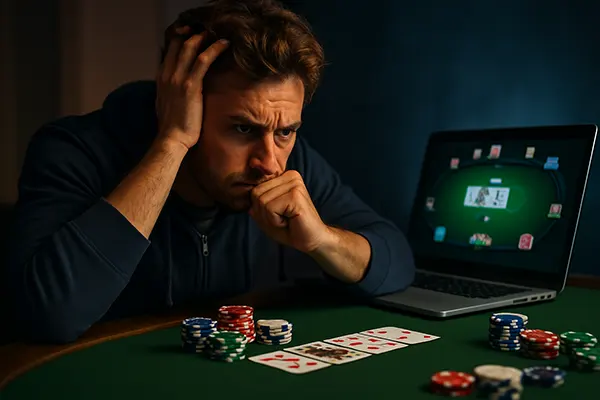
The Psychology of Wins and Losses in Online Poker: Mastering Emotional Control
Online poker challenges players not only with mathematical strategy and risk assessment but also with the constant need for emotional control. Success often depends not just on the cards, but on the player’s mindset during wins, losses, and everything in between. This article explores how psychology affects online poker performance and how to cultivate discipline while managing emotions effectively.
Understanding Emotional Triggers in Online Poker
Playing poker online introduces a unique mix of isolation and intensity. Without the physical presence of opponents, players often rely solely on screen interactions and hand histories. Emotional triggers, such as losing a big pot or being bluffed, can provoke irrational decision-making. These reactions can spiral into what’s known as “tilt,” where emotional imbalance undermines logical thinking and performance.
One of the strongest triggers is loss aversion – the psychological tendency to feel the pain of losing more intensely than the pleasure of winning. Players might chase losses, trying to recover emotionally and financially, but often fall deeper into poor decisions. This behavioural pattern is well-documented in cognitive psychology and must be recognised to be addressed.
On the flip side, winning streaks can create overconfidence. Players may loosen their strategy, underestimate opponents, or stake more aggressively. Emotional highs, just like lows, distort judgement. Thus, self-awareness during any emotional swing is essential to long-term success in online poker.
Recognising the Early Signs of Tilt
Recognising tilt early is vital. Common signs include frustration, quick decision-making, and deviating from one’s standard game plan. Players may also notice physical cues like increased heart rate or shallow breathing. These symptoms are red flags indicating the need for immediate mental reset.
Establishing routines to check in emotionally after major hands can help prevent a slide into tilt. These include taking deep breaths, stepping away from the screen, or quickly reviewing decisions for logic rather than result. Emotional self-checks should become as routine as bankroll checks.
Additionally, players should keep a session log or mental diary. Documenting what caused emotional spikes allows for trend recognition over time. Understanding personal patterns is the first step to developing emotional resilience, a cornerstone of professional-level poker.
Strategies for Building Emotional Discipline
Discipline in online poker is rooted in preparation and routine. Setting session limits—both in time and money—prevents emotionally fuelled marathon sessions that lead to poor decisions. Discipline also includes sticking to hand selection ranges and avoiding hero calls during emotional turbulence.
Another critical practice is maintaining a consistent review process. Analysing hand histories when calm, not immediately after a session, ensures objectivity. This habit nurtures logical thinking and separates emotion from analysis. Many top players use software tools to support this effort, reinforcing accountability.
Physical health contributes heavily to emotional stability. Regular exercise, healthy sleep patterns, and nutrition influence mood and concentration. Players often underestimate how much fatigue or low blood sugar can impact patience and tolerance, two vital traits in poker.
Using Pre-Session Rituals to Stay Grounded
Developing a pre-game routine helps establish mental readiness. This might involve deep breathing exercises, a short walk, or reviewing a list of personal poker principles. These actions create a cognitive boundary between everyday life and focused gameplay.
Some players benefit from affirmations or reminders about long-term goals. This frames each session as part of a broader journey, reducing the urgency to win immediately. Mindfulness meditation is increasingly popular among professionals for its ability to enhance emotional control and reduce reactive thinking.
Gamers can also use warm-up activities such as visualising tough scenarios and pre-planning logical responses. This mental rehearsal strengthens cognitive pathways, making it easier to stay rational under pressure. The brain, like any muscle, becomes more disciplined with training.
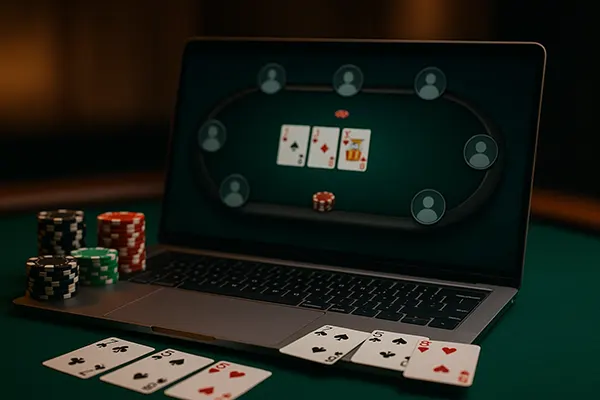
When and How to Take Strategic Breaks
Taking breaks is not a sign of weakness—it’s a tactical necessity. After a heavy loss or big win, emotions can linger for hours. Smart players step away to allow emotions to normalise before making further decisions. Breaks interrupt emotional loops and allow mental recalibration.
Scheduled breaks also prevent cognitive fatigue. Playing for extended hours reduces the brain’s ability to assess risk, remember hand history, and recognise betting patterns. A five-minute pause every hour boosts long-term performance more than pushing through exhaustion.
Strategic pauses can be active or passive. Passive breaks involve resting or closing one’s eyes, while active ones might include movement or short conversations unrelated to poker. Both reset the nervous system and promote a calmer return to the virtual table.
Identifying the Right Time to Step Back
It’s crucial to develop an internal rule for stepping away. For example, three consecutive losing hands where poor decisions were made is a valid signal. Other cues include increased emotional agitation, loss of focus, or sudden changes in playstyle.
Advanced players often create personal “stop-loss” limits, not just financially but mentally—like a maximum number of emotionally charged hands in a row. Honouring this commitment builds long-term trust in one’s process and helps preserve the bankroll.
Ultimately, knowing when to walk away is as powerful as knowing when to bet. Emotional regulation is not only a survival skill in online poker—it’s a performance enhancer. The most consistent winners are those who know how to pause, reset, and return stronger.
Popular topics
-
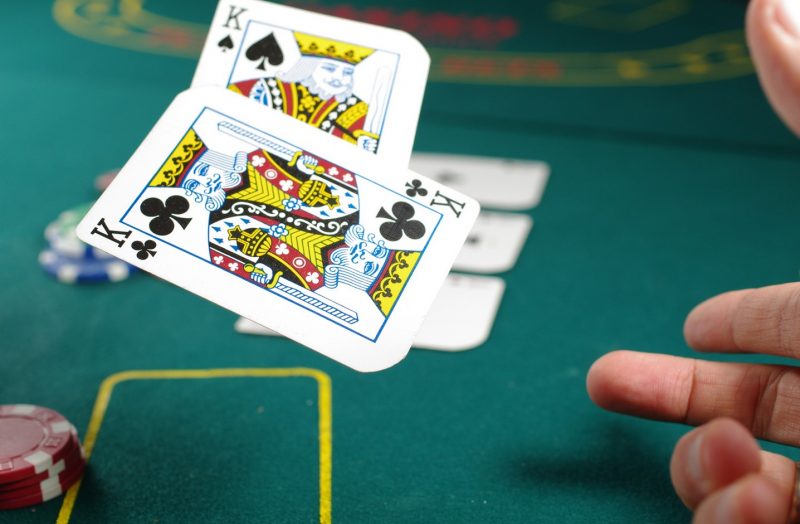 Poker Courchevel. Features of the gam...
Poker Courchevel. Features of the gam...Classic poker after a while begins to get bored …
-
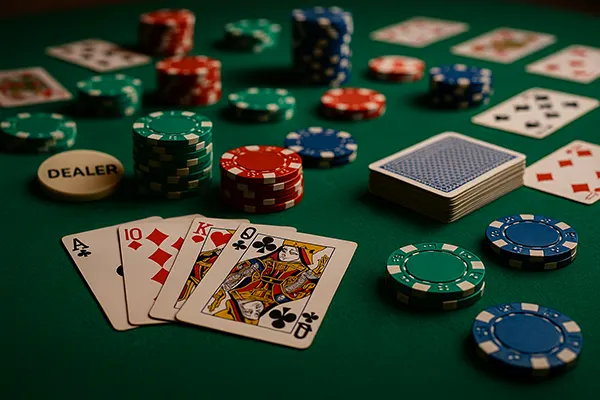 Mathematics of Card Games: How the Ho...
Mathematics of Card Games: How the Ho...Card games have fascinated players for centuries, not only …
-
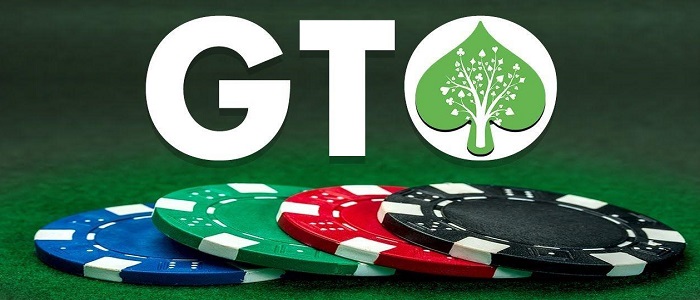 GTO Poker – Mastering the Optim...
GTO Poker – Mastering the Optim...Game Theory Optimal (GTO) strategy in poker is an …
